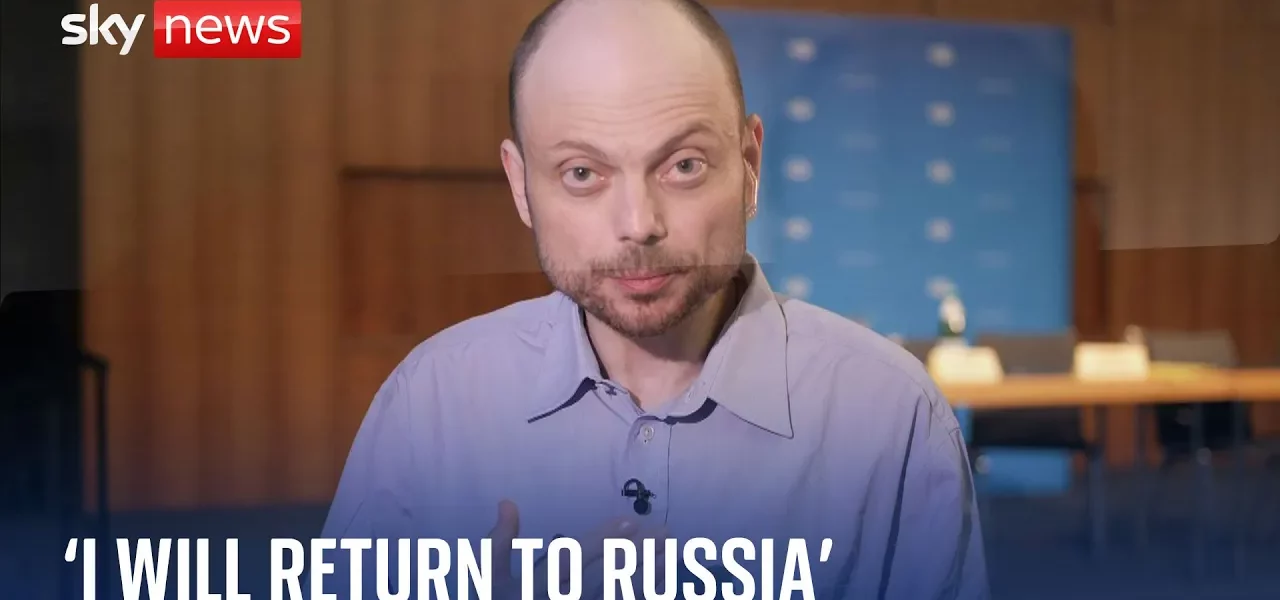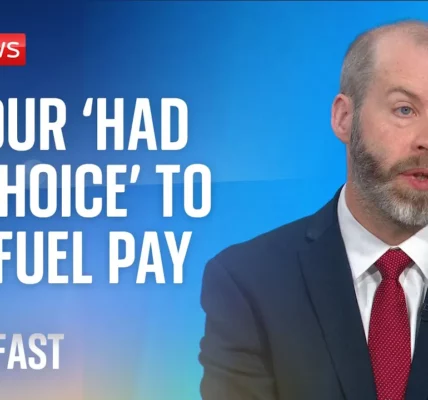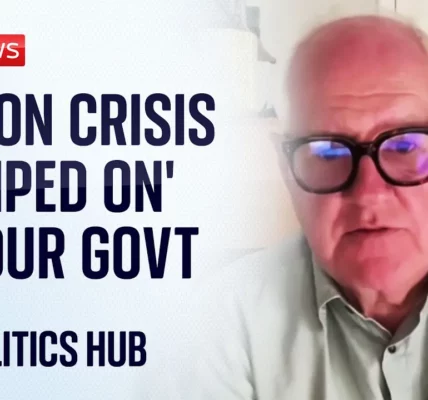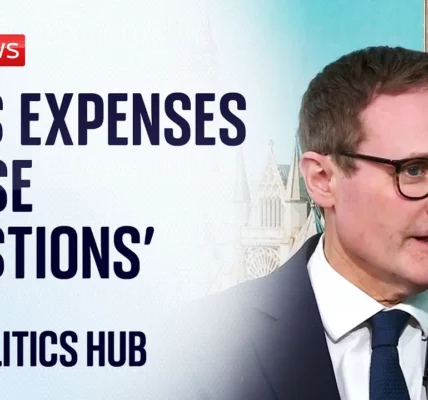Vladimir Kerza’s Surreal Experience After Prisoner Exchange

In this article, we delve into the remarkable story of Vladimir Kerza, a political prisoner who was recently released in a high-profile prisoner exchange. His reflections on freedom, democracy, and the value of human life offer profound insights into the ongoing struggles faced by those in oppressive regimes.
Introduction
Vladimir Kerza’s recent release from prison marks a significant moment not only for him but for the broader discourse surrounding political prisoners and human rights. After enduring years of confinement in a strict regime prison in Siberia, his freedom was granted through a controversial prisoner exchange involving various international political dynamics. This article explores Kerza’s feelings, the implications of such exchanges, and the ongoing challenges faced by political dissidents in authoritarian regimes.
The Experience of Release
Kerza’s initial reactions upon being freed are filled with a mix of disbelief and gratitude. He describes feeling surreal, as if he was watching a movie rather than living through a historic moment. After spending over two years in confinement, his transition to freedom raises critical questions about the human experience in such dire situations.
From Confinement to Freedom
Reflecting on his time in solitary confinement, Kerza emphasizes the emotional and psychological toll that imprisonment takes on individuals. He recalls the stark contrast between his previous life and his current situation:
- Isolation in a Siberian prison cell.
- Limited communication with family and friends.
- A sense of hopelessness and fear regarding his fate.
Upon arrival in Germany, he was greeted by Chancellor Olaf Schultz, an encounter that symbolized the importance of diplomatic efforts in securing human rights. Kerza’s first public appearance with fellow released prisoners marked their re-entry into society.
The Ethics of Prisoner Exchanges
The decision by the German government to agree to this prisoner exchange has sparked widespread debate. Critics argue that exchanges with authoritarian regimes like Putin’s Russia could encourage further political repression. However, Kerza presents a different perspective, emphasizing the importance of saving lives.
Human Life as a Priority
Kerza argues that in a democracy, the protection of human life is paramount. He draws parallels between historical figures like Oscar Schindler, who risked everything to save lives during the Nazi regime. He states:
- Democratic governments often face difficult decisions.
- Exchanges should be viewed through the lens of life preservation.
- Ultimately, saving human lives must take precedence over political maneuvering.
He urges critics to reconsider their stance, advocating for empathy and understanding towards those who suffer under oppressive regimes.
The Personal Impact of Imprisonment
As Kerza prepares to reunite with his family for the first time in over two years, the emotional weight of this moment is palpable. He expresses uncertainty about how to articulate his feelings after such a prolonged separation.
Reconnecting with Family
Meeting his wife and children is not just an emotional reunion; it represents the culmination of hope and resilience:
- Plans to reconnect with loved ones.
- A desire to share his experiences and listen to their stories.
- Understanding the profound impact of his absence on family dynamics.
Concerns for the Future
Despite the joy of freedom, Kerza acknowledges the ongoing threats posed by the Russian regime. He reflects on the dangers faced by political dissidents both domestically and internationally.
Living Under Threat
Kerza highlights the following points regarding the risks faced by opposition figures:
- Physical threats and potential assassination attempts.
- The psychological burden of living in constant fear.
- The impact of such threats on activism and advocacy for change.
He emphasizes the importance of international solidarity and support for those who continue to fight for democracy and human rights in Russia.
Conclusion
Vladimir Kerza’s story is a testament to the resilience of the human spirit in the face of tyranny. His reflections on the significance of prisoner exchanges and the value of human life shed light on the complexities of international politics and humanitarian efforts. As he prepares to embrace his family, he remains committed to advocating for a better future for Russia.
As we reflect on this pivotal moment, it becomes clear that the fight for human rights and democracy is far from over. Support for political prisoners and the promotion of human rights should remain a priority for all who value freedom.
For more insights on political prisoners and human rights issues, check out our related articles on the importance of international diplomacy and the role of activism in fighting for freedom.
“`




